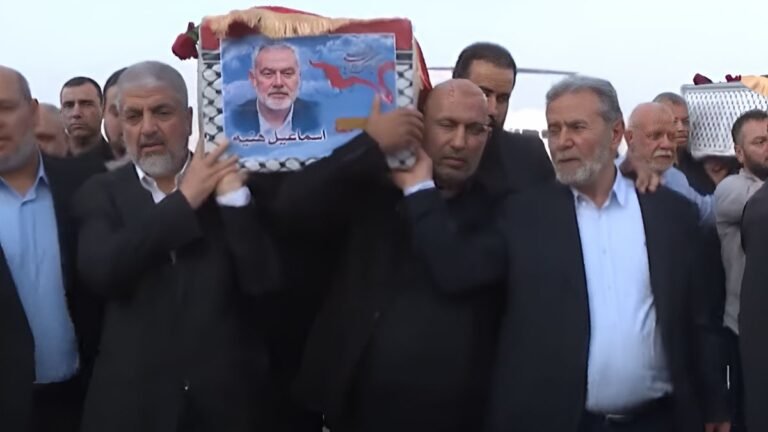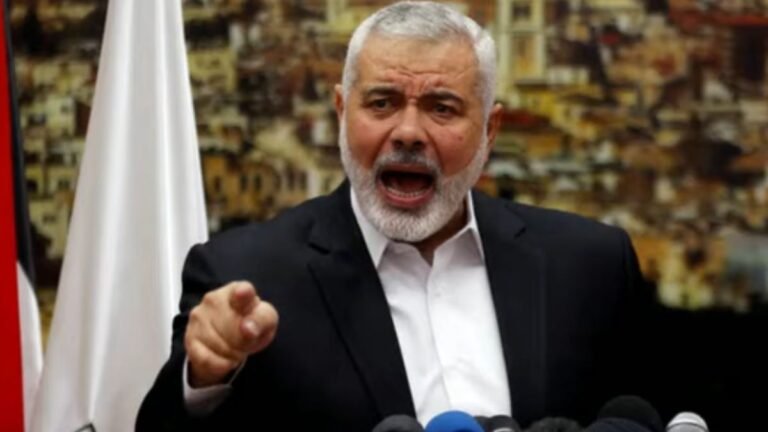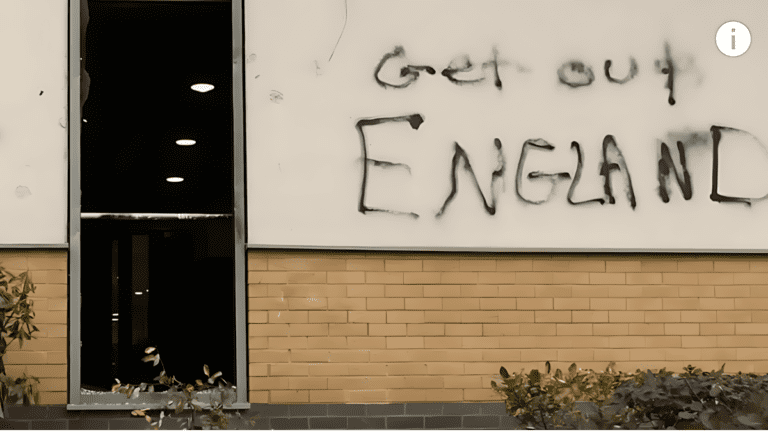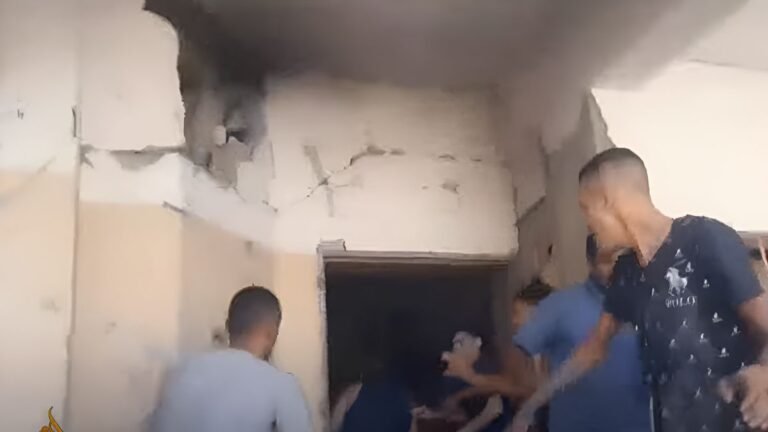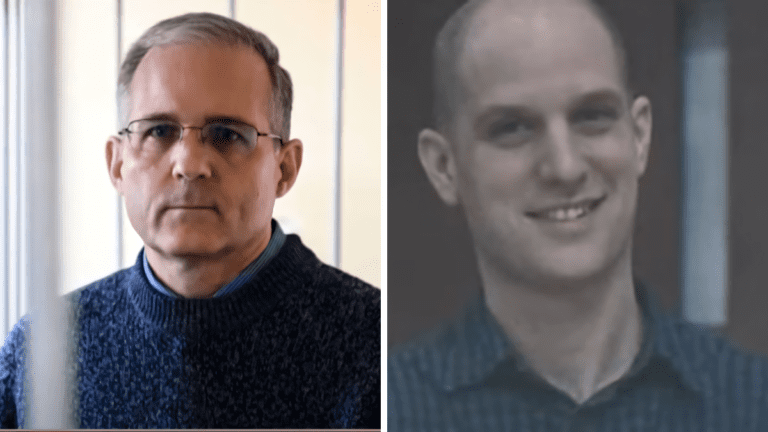Mass Protests Erupt in Bangladesh as Prime Minister Sheikh Hasina Faces Mounting Opposition

In Bangladesh, Prime Minister Sheikh Hasina is facing intense opposition amid widespread mass protests, with at least 18 people killed and dozens more wounded. The unrest has led to the government shutting down mobile internet services and announcing an indefinite curfew.
The protests have escalated as students and opposition supporters demand justice for over 200 people killed last month during demonstrations against the government’s job quota scheme. Although the scheme has been scaled back by the country’s top court, dissatisfaction with the government persists.
Speaking to reporters, protesters expressed their determination to continue until Sheikh Hasina steps down. “We want the government to resign,” one protester declared. “We would then go back to the golden times we had in the past.”
Tensions are high in Dhaka, the capital city, where large crowds have gathered at Shahbagh Square near Dhaka University. Tens of thousands of students and other citizens have taken to the streets, demanding the resignation of Sheikh Hasina’s government.
T. Chowdhury From Al Jazeera described the situation: “It’s very chaotic, very tense, volatile, and dangerous.” He highlighted the disparity in the level of force used by different groups. “The ruling party’s student wing members and supporters sometimes come with firearms and machetes, backed by the police, making it dangerous for the students who are mostly unarmed.”
The Prime Minister has vowed to respond strongly, labeling the protesters as “criminals“.The Home Minister announced the curfew, set to begin at 6 p.m. local time, and a communication blackout is in effect, with only broadband internet services operational.
Protesters remain defiant, with plans to continue their demonstrations despite the curfew. Dr. Proty Tushi, a student and activist, explained their resolve: “We will be here until the government steps down. We are chanting one slogan: ‘Sheikh Hasina must step down.'”
Amnesty International’s South Asia Regional Researcher, Tamim Huda, criticized the government’s heavy-handed response. “What’s happening in Bangladesh right now is nothing short of a historic revolution,” Huda said, condemning the use of disproportionate force against demonstrators. He detailed evidence of unlawful use of firearms and tear gas, as well as the communication blackout, which he argued violates international human rights laws.
As the situation develops, the international community is watching closely, with concerns over escalating violence and the potential for further human rights violations. The government’s response in the coming days will be crucial in determining the direction of the protests and the country’s political future.

